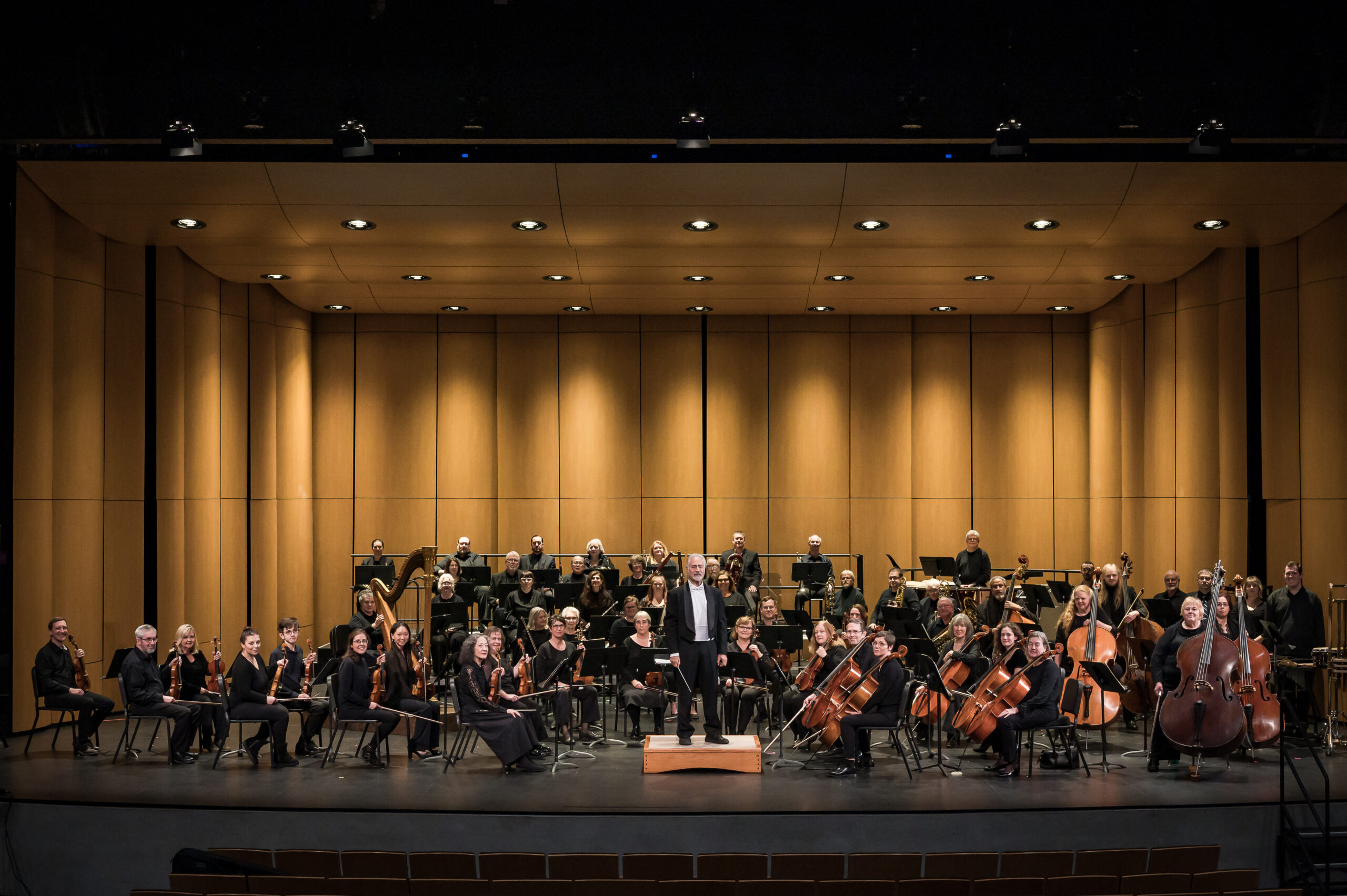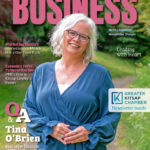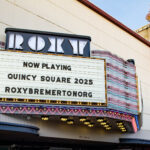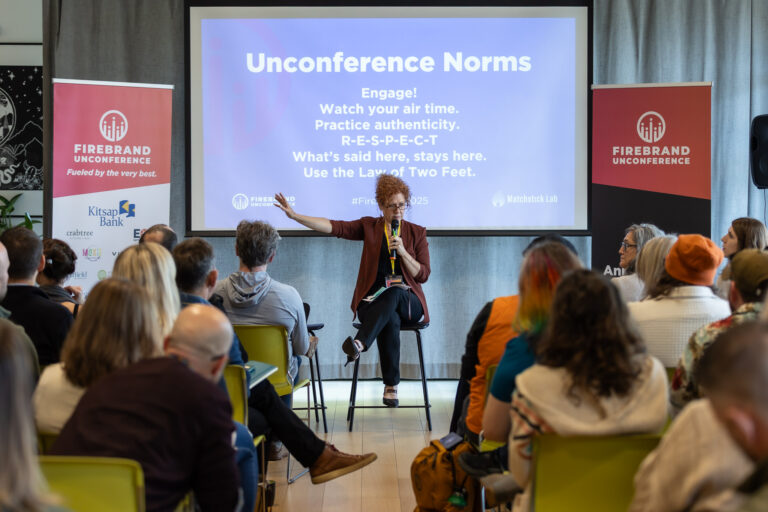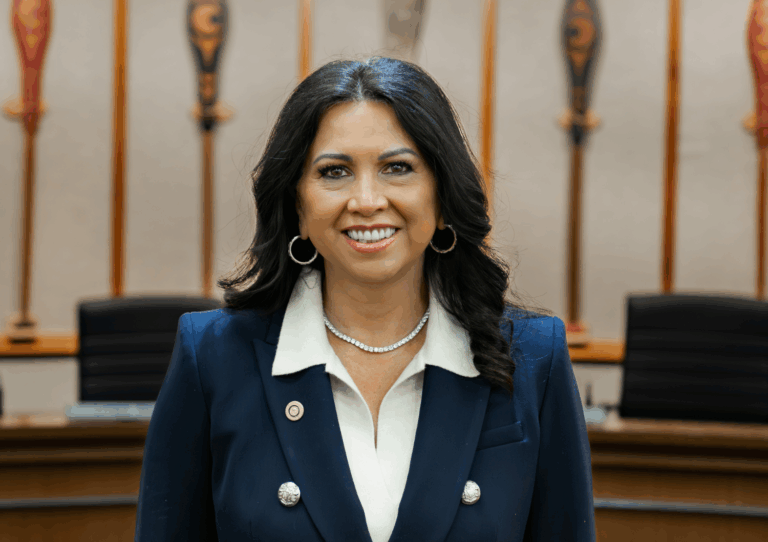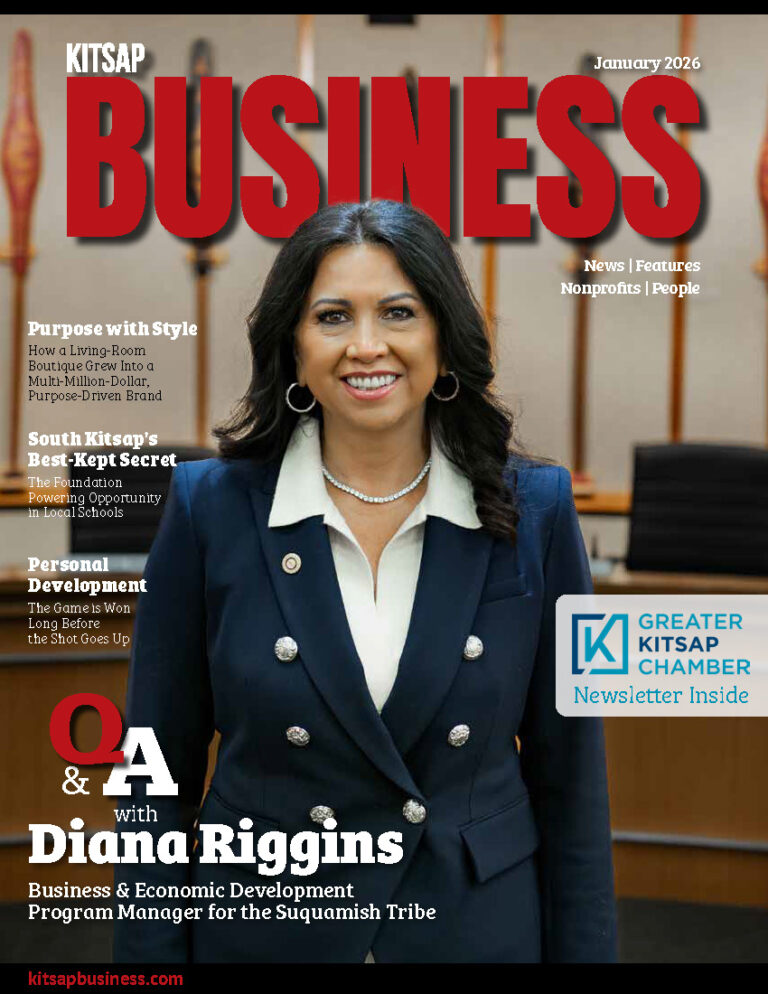Bremerton Symphony’s 80-Year Legacy of Learning and Leadership
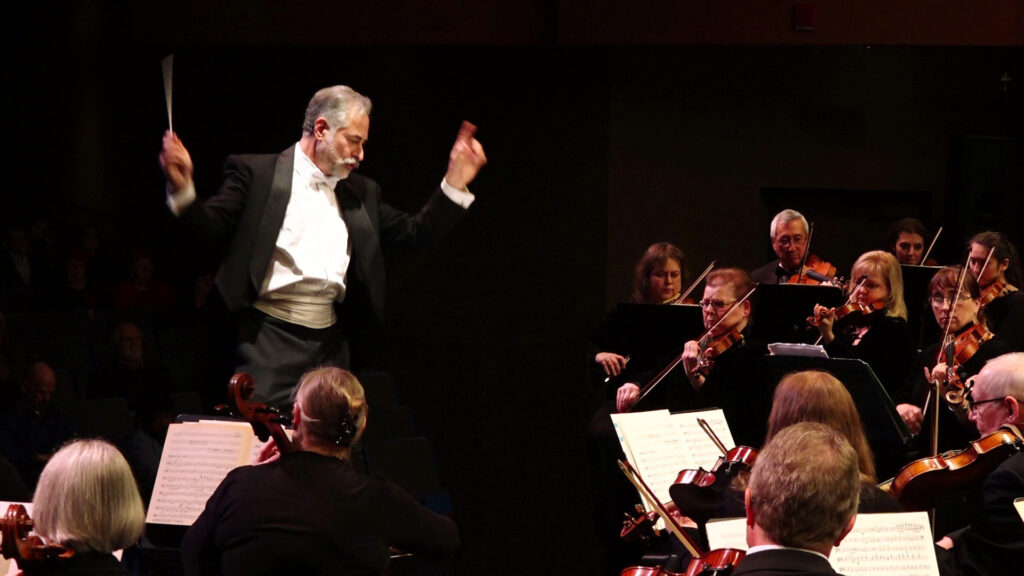
In the heart of Kitsap County, a symphony orchestra has quietly—and powerfully—been shaping the cultural, educational, and economic landscape for more than eight decades. Founded in 1942 during World War II as part of a nationwide initiative promoted by President Franklin D. Roosevelt to build community in military towns, the Bremerton WestSound Symphony has grown from a wartime pastime to a vibrant cultural institution.
Today, under the direction of Music Director Alan Futterman, the Symphony continues to fulfill its mission of bringing great music to local audiences while offering a vital creative outlet for the region’s talented musicians.
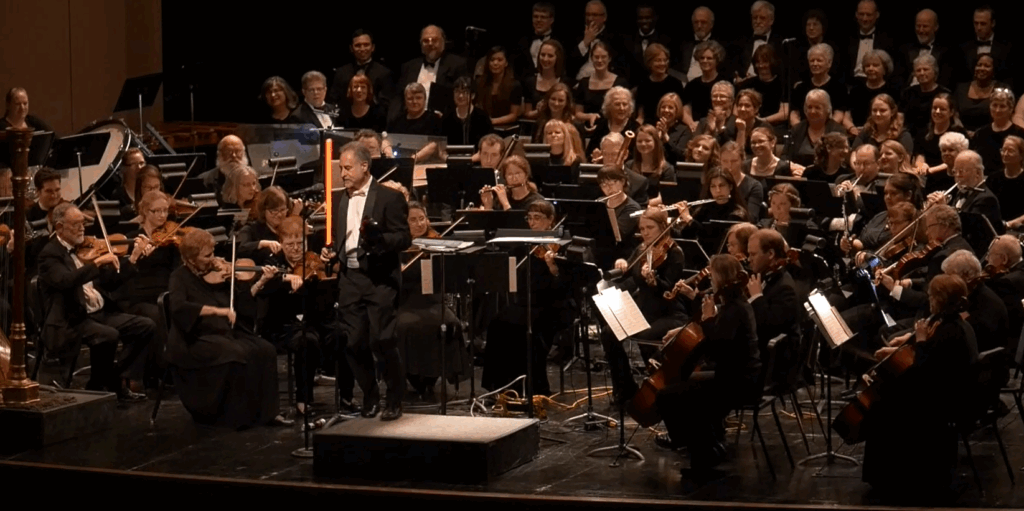
A Volunteer Ensemble with Professional Skill
“We’re a community orchestra, but we have a number of people who play at a professional level,” Futterman said. “Many of them actually went to music school, got music degrees, and then were just smarter than I was and decided there were easier ways to make a living.”
The orchestra’s musicians include doctors, engineers, teachers, and even submarine intelligence commanders.
“When the work day is over, they like nothing better than to pick up an instrument and come in and help us put together great performances of great masterpieces of music,” Futterman said.
That spirit of shared artistry allows the orchestra to reach well beyond its volunteer status. Futterman and his artistic committee—which includes board members, musicians, Chorale singers, and community representatives—collaboratively plan each season, tackling an ambitious mix of classical standards and new compositions.
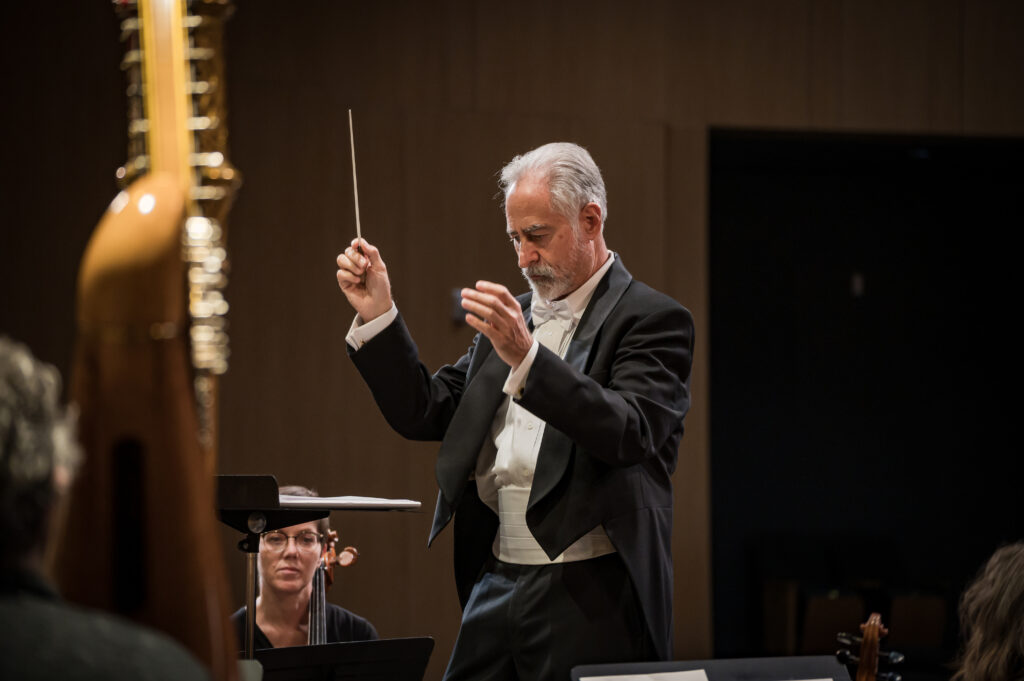
Investing in Future Generations
One of the Symphony’s most important missions is education. Through its “OrKIDstra” concerts, the Symphony reaches thousands of local students each year, particularly fourth graders who are just beginning their journey with musical instruments.
“You know, I can remember perfectly when I was taken to a Seattle Symphony concert in 1966,” Futterman said. “I was in elementary school, and as I say, that had quite an effect on me, culminating in a master’s degree at Juilliard.”
The Bremerton Symphony’s musicians aren’t just performers; many are also music educators.
“We’ve known for years that students who study music are always the ones at the top of their classes in all the other subjects as well,” Futterman said. “Music teaches them about discipline, about study, setting and achieving long-term goals.”
“High school students do better in science, math and English if they also take music,” he said.
The Symphony’s long-term impact is measurable not only in cultural enrichment but also in economic terms.
“The Bremerton symphony, with all of our work in music, really helps to create and educate future professionals and leaders in our community,” he said.
“Every professional who moves into our county makes a really big economic contribution to our region,” Futterman said. “Think about the fact that every professional we help create supports an entire array of industries—housing, real estate, construction, schools, grocery stores, gas stations, everything.”
More Than a Performance
Putting on a concert, however, comes at a steep price. While the orchestra is made up of volunteers, the behind-the-scenes costs are significant.
“To rent a piece of music, especially anything written in the last 100 years, costs between $2,000 and $3,000,” Futterman explained. “Then to get into the venue—also between $2,000 and $3,000 or more. We have to move timpani and music stands. We need a truck. We need people. Altogether, it probably costs north of $10,000 just in incidental expenses to put on a concert.”
Marketing and publicity add even more to that total. That’s why fundraising is essential, and in some years, Futterman has taken on the role of lead fundraiser himself.
“It doesn’t matter whether you’re an art school or a university or an orchestra—if you’re a nonprofit, you always have to be worried about that sort of thing,” he said.

The Hidden Gem of Bremerton
Despite its history and contributions, many locals still don’t know the Symphony exists. Futterman often meets people who are surprised to learn that Bremerton does indeed have a symphony orchestra.
This lack of awareness reflects a broader cultural difference.
“Orchestral music isn’t really a part of American culture the way it is in Europe,” he said. “In Europe, on a Friday night, it’s normal to go check out the orchestra. That’s not so common here.”
Still, popular culture has helped in surprising ways.
“John Williams made a whole generation of people listen to symphony orchestras, even if they didn’t realize it,” Futterman said. “Star Wars, Superman, Raiders of the Lost Ark—they all used full orchestras. It got people more interested in symphonic music through the movies.”

Entertaining, Enlightening, Never Boring
Futterman strives to make every concert informative and engaging.
“My concerts are never boring,” he said. “We’ve kind of forgotten that music—if it wasn’t religious—was entertainment. Mozart didn’t write his symphonies to be studied for the next 500 years. He wrote something that his friends and of course, the nobility who paid him would be entertained by listening to it.”
Each performance is preceded by a talk introducing the music and the composer, often tying their lives to relatable modern-day issues.
“There are always societal problems, and they haven’t changed all that much in 200 years,” he said. “People love hearing about the personal lives of composers. It’s a window into not just culture, but our history.”
He also occasionally shares his own compositions—like Fiesta Mexicana, inspired by travels in Mexico—and plans to bring back something new from an upcoming trip to Eastern Europe.
“As a musician, you’re a perennial student. There’s always something new to learn,” he said. “If it’s great, I’ll bring it to Kitsap County.”
A Cultural Cornerstone
At its core, the Bremerton WestSound Symphony is much more than a concert series. It’s a living, breathing part of the community—offering inspiration, education, and a sense of shared identity.
“It’s exhilarating, it’s entertaining, and it’s educational,” Futterman said. “But it all comes as a really fun package. Nobody goes away from our concerts thinking, ‘There was nothing interesting today.’ There’s always something that grabs people.”
And that’s exactly the legacy the Symphony has cultivated for more than 80 years—one performance, one student, one note at a time.
Keep in touch with our news & offers
Subscribe to Our Newsletter
Thank you for subscribing to the newsletter.
Oops. Something went wrong. Please try again later.

